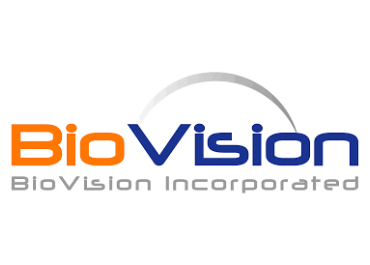US (718)5132983 | UK 020 3393 8531 | EU (32)022650920
Shop by Category
Shop by Brand
Shop by Brand
Biovision Recombinant
Biovision Complete Product Catalog
- Caspases are a family of protease enzymes that play crucial roles in programmed cell death (apoptosis) and inflammation. They are involved in various cellular processes such as cell differentiation, proliferation, and immune response.
- Caspases are categorized into two main groups: initiator caspases (such as caspase-8 and caspase-9) and executioner caspases (such as caspase-3, caspase-6, and caspase-7).
- Initiator caspases are responsible for initiating apoptosis by activating executioner caspases, which then carry out the dismantling of the cell.
- Recombinant Biovision caspases are caspases that are produced using recombinant DNA technology. Recombinant proteins are generated by expressing the gene encoding the protein of interest in a host organism, typically bacteria, yeast, or mammalian cells.
- Our recombinant caspases are used for research to study apoptosis, inflammation, and other cellular processes. They offer several advantages over native caspases purified from tissues, including higher purity, greater yield, and consistency between batches.
- BioVision offers a range of recombinant caspases for research purposes. These recombinant proteins are used to investigate the molecular mechanisms of apoptosis and inflammation, as well as to develop novel therapeutic strategies for diseases associated with dysregulated cell death pathways.
- Biovision spases are important protease enzymes involved in cell death and inflammation, and recombinant caspases are artificially produced versions of these enzymes that are used in research to study their functions and regulatory mechanisms.
- BioVision offers recombinant caspases as part of its portfolio of research tools for investigating apoptosis, inflammation, and related cellular processes.

 Euro
Euro
 USD
USD
 British Pound
British Pound
 NULL
NULL
